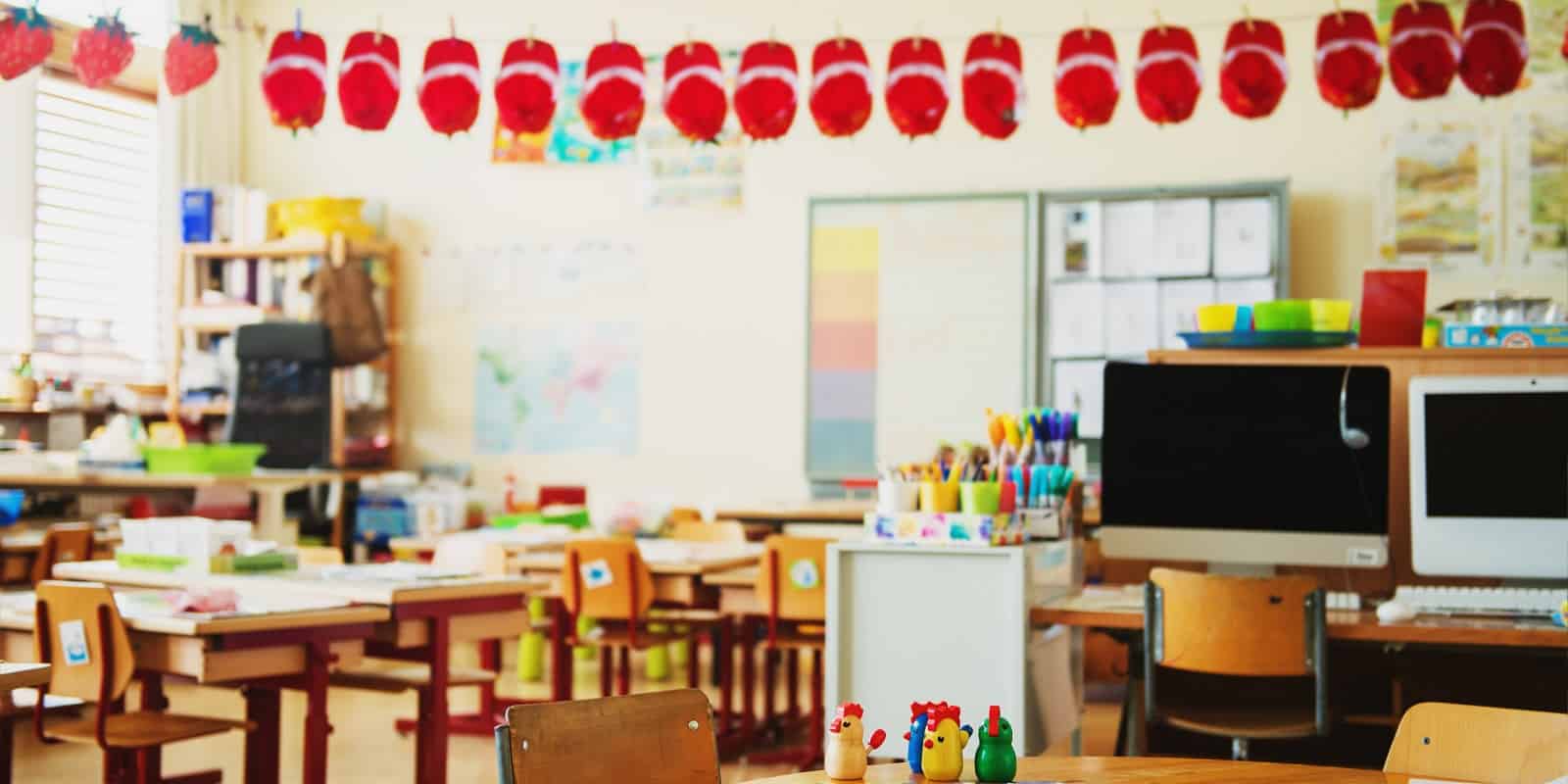
Montessori schools have gained popularity over the years for their unique teaching methods and child-centered approach to education. These schools emphasize independence, hands-on learning, and personalized instruction, making them an attractive option for many parents. However, there is often confusion surrounding the funding and curriculum models of Montessori schools. Are they truly private institutions? In this article, we will delve into the funding sources and curriculum models of Montessori schools to bring clarity to this question.
Funding Sources of Montessori Schools
Private Funding
Montessori schools primarily rely on private funding to support their operations. This includes tuition fees paid by parents or guardians, which cover the cost of teachers, supplies, and facilities. Additionally, some Montessori schools receive donations and grants from individuals, foundations, or corporations that support the Montessori philosophy and values.
Parent Involvement
One unique aspect of Montessori schools is the emphasis on parent involvement. Many Montessori schools require parents to actively participate in their children’s education. This can involve volunteering in the classroom, serving on committees, or contributing financially to the school. The contributions made by parents help supplement the funding needed to run the school and provide resources for the students.
Non-Profit Organizations
Some Montessori schools operate as non-profit organizations. These schools typically have a board of directors or trustees who are responsible for overseeing the financial aspects of the school. Non-profit Montessori schools often receive additional funding through fundraising efforts and community support.
Government Funding
While Montessori schools primarily rely on private funding, there are some instances where they may receive government funding. This is more common in countries where education funding is provided to all schools, regardless of their educational approach. However, it’s important to note that Montessori schools still maintain their autonomy and independence despite any government funding they may receive.
Curriculum Models of Montessori Schools
Child-Centered Approach
The Montessori curriculum is designed to be child-centered, focusing on the individual needs and interests of each student. The curriculum is based on the principles developed by Dr. Maria Montessori, an Italian physician and educator. It emphasizes self-directed learning, hands-on exploration, and respect for the child’s natural development.
Mixed-Age Classrooms
One distinguishing feature of Montessori schools is the use of mixed-age classrooms. Rather than separating students by grade level, Montessori classrooms typically have students of different ages working together. This creates a cooperative and collaborative learning environment where older students can mentor younger ones, and younger students can learn from their peers.
Prepared Environment
Montessori classrooms are carefully prepared environments that are conducive to learning and exploration. They include a variety of educational materials and activities that are specifically designed to promote independent learning and problem-solving skills. The materials are arranged in a logical order, allowing students to progress at their own pace and level of understanding.
Freedom within Limits
Montessori classrooms provide students with a sense of freedom within limits. While students have the freedom to choose their activities and work at their own pace, there are also clear guidelines and expectations that help maintain order and respect within the classroom. This balance between freedom and structure fosters a sense of responsibility and self-discipline in students.
Individualized Instruction
The Montessori curriculum recognizes that each child is unique and learns at their own pace. Teachers in Montessori schools strive to provide individualized instruction and support to meet the needs of each student. They observe the child’s interests and abilities and provide appropriate materials and activities to facilitate their learning and development.
Focus on Practical Life Skills
In addition to academic subjects, Montessori schools also place a strong emphasis on practical life skills. These skills include activities such as dressing oneself, preparing food, pouring liquids, and cleaning up after oneself. The goal is to help children develop independence, coordination, and a sense of responsibility for their environment.
No Grading or Tests
Unlike traditional schools, Montessori schools do not typically use grades or formal tests to assess student progress. Instead, teachers closely observe and assess each student’s development and provide feedback and guidance based on their observations. The focus is on the process of learning and the overall growth and development of the child.
Respect for Diversity and Inclusion
Montessori schools are known for their commitment to diversity and inclusion. The Montessori curriculum values and respects the unique backgrounds, abilities, and interests of each student. This creates a welcoming and inclusive environment where students learn to appreciate and celebrate diversity.
Preparation for Life
The ultimate goal of Montessori education is to prepare students for life beyond the classroom. The curriculum focuses on developing critical thinking skills, creativity, problem-solving abilities, and a love for lifelong learning. Montessori students are encouraged to take responsibility for their own education and become active, engaged members of society.
Experiences and Insights
As a former Montessori student and current advocate for Montessori education, I have first-hand experience of the benefits and effectiveness of this educational approach. Throughout my years in Montessori schools, I developed a love for learning, a sense of independence, and a deep respect for others. The child-centered approach allowed me to explore my interests and learn at my own pace, fostering a lifelong love for education.
Personal Experience in Montessori Schools
One of the most memorable aspects of my Montessori education was the freedom and responsibility given to students. I vividly remember being able to choose my activities and work independently, which instilled a sense of confidence and self-motivation. The mixed-age classrooms also provided a supportive learning community, where older students guided and inspired younger ones.
Benefits of Montessori Education
Research has shown that Montessori education offers numerous benefits to students. A study conducted by the University of Virginia found that Montessori students showed higher levels of academic achievement, social development, and executive function compared to students in traditional schools. The hands-on, experiential learning approach of Montessori education helps students develop critical thinking, problem-solving, and collaboration skills.
Credible Sources
It’s important to note that my personal experiences and insights are supported by credible sources and research. The Montessori method has been extensively studied and validated by educational researchers, and numerous studies have shown the positive impact of Montessori education on student outcomes. Some reputable sources for further reading include:
- American Montessori Society (https://amshq.org)
- Montessori Foundation (https://montessori.org)
In conclusion, Montessori schools primarily rely on private funding, with contributions from parents, non-profit organizations, and occasionally government funding. The curriculum models of Montessori schools are centered around the child, providing a hands-on, individualized, and practical learning experience. Montessori education fosters independence, critical thinking, and respect for diversity, preparing students for life beyond the classroom. Based on personal experience and backed by credible research, Montessori schools offer a unique and effective approach to education. So, while they are primarily private institutions, they are also driven by a mission to provide high-quality education for all students.



